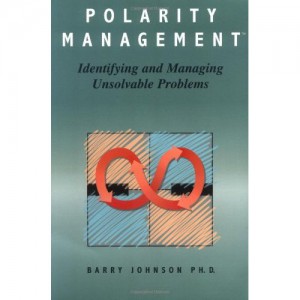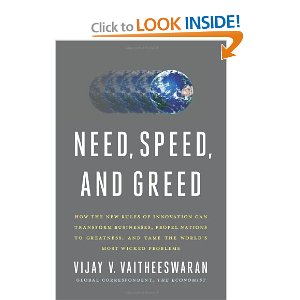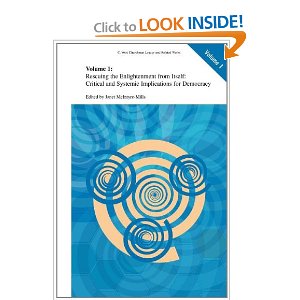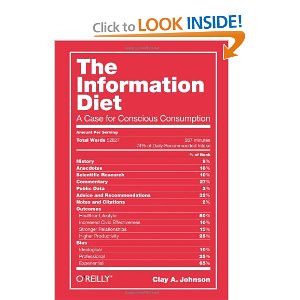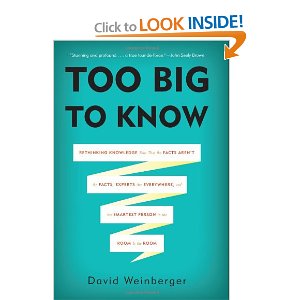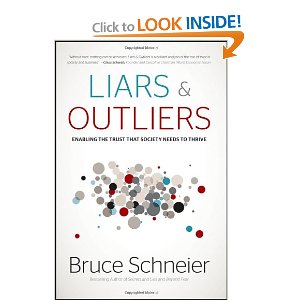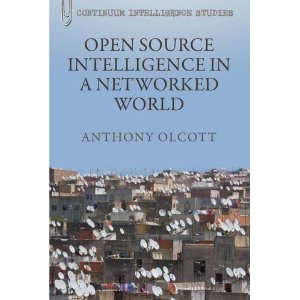
Anthony Olcott
5.0 out of 5 stars 6 Star Insider-Outsider Unique Offering, March 24, 2012
This is my final review. If you are interested in what the US Intelligence Community does NOT know about open source intelligence and the global network of sources in 183 languages, this is without question the only book available in English, and a six star rating is earned by virtue of its uniqueness. This is NOT a book that will teach you anything about Open Source Intelligence (OSINT).
The author, an academic rather than a CIA body, has done a phenomenal job of integrating multiple literatures in studying the history and culture of the CIA's open source endeavors as well as its overall culture, and in his conclusion, offers up sound ideas that need to be implemented if we ever get a national leadership that is interested in intelligence with integrity.
I certainly recommend that this book be read along with Hamilton Bean's No More Secrets: Open Source Information and the Reshaping of U.S. Intelligence (Praeger Security International).
Dr. Olcott has done a tremendous service to all who care about the future of the craft of intelligence (decision-support), and I have been so impressed with this book that I reworked my chapter for Routledge at the last minute to ensure this book's inclusion in the bibliography and credit to the author on two points within the chapter. A “must read” for anyone interested in bureaucracy, public administration, intelligence, information pathologies, obstacles to innovation, and so on.
I made ten pages of notes. Below I offer a distilled summary.
Continue reading “Review: Open Source Intelligence in a Networked World”

